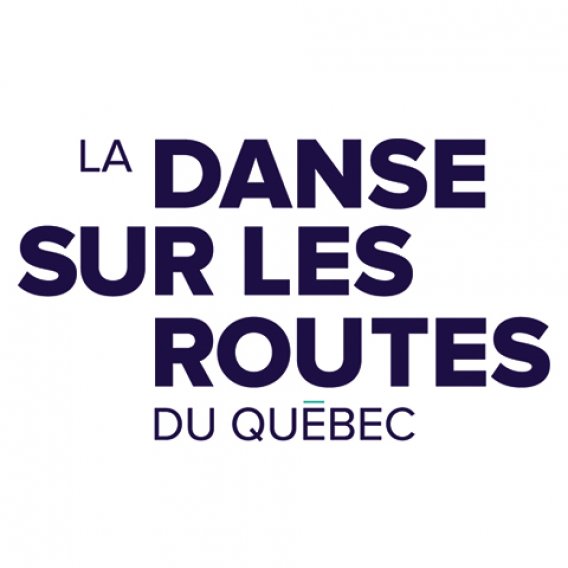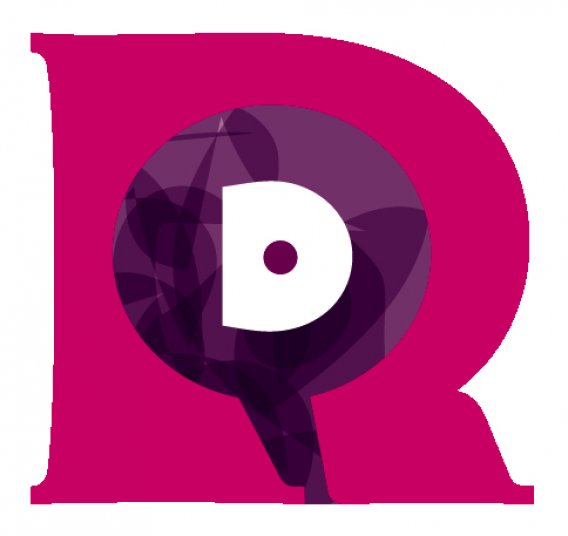How to rethink your content and metadata to make it easier for people to discover your shows
An online training activity that offers user-friendly tools for making your work stand out and easier for search engines to interpret and use.
Prior registration required: (deadline: May 2)
Search engine optimization (SEO), nowadays, presents a considerable marketing challenge that calls for the development of evermore effective marketing tricks. Do you know how Google uses linguistic analysis to better serve users? Have you noticed that it draws content from certain websites to provide an answer directly from the list of search results? How are show content and data used so that they appear in search engine results?
To help people discover the shows offered on your website – including existing and new spectators – it is crucial to have control of your information and to have the proper discoverability strategy.
Act now to apply the method offered by our specialist, Josée Plamondon, and give yourself every chance to better reach your audiences on the Web!
Objectives
- Clarify basic concepts and understand how search engines function.
- Evaluate and improve the way that information is organized on your website.
- Develop a network of links around your selection of shows.
- Provide a richer array of information in order to reach your target audiences on the Web.
Training blocks
Lasting close to six (6) hours, this training activity takes place entirely online, in three separate blocks.
Block I – Live synchronous visioconference
May 6 from 9:30 a.m. to 12:30 p.m. (three hours)
1. Context: Why improve your website?
1.1 Definition of key concepts: text, image, metadata and guidelines.
1.2 The benefits of an improved information structure in the performing arts field.
1.3 Three-step method for defining your metadata: strategy, information, technology.
2. Evaluate the quality of your information.
2.1 Five-point validation of a selection of shows posted on a website to demonstrate best practices in the organization of information.
3. Map your digital ecosystem.
3.1 Tool: the three circles in the digital ecosystem for a selection of shows: website, platform (e.g., social media), referral sites (e.g., partners).
3.2 Tool: scheduling table listing points of contact and links in your digital ecosystem.
3.3 Role played by partners in establishing a network based on your selection of shows.
4. Describe your selection of shows.
4.1 Types of information to use when describing a selection of shows.
4.2 Specifications for using your website: date format, length of textual content, description, etc.
4.3 Information to use in the form of search engine guidelines.
4.4 Tool: table describing your selection of shows in a clear and useful manner.
5. Evolution of search engines.
5.1 The primary access to information interface.
5.2 Optimal usage conditions for information concerning your selection of shows.
6. Search engine guidelines : Who should use them?
6.1 Vocabulary used to describe different types of shows.
6.2 Google guidelines for certain types of shows.
6.3 Test tool for augmented Google results.
6.4 Key elements of the page showing the selection of shows.
Bloc II – Asynchronous online training
Four 15-minute capsules presenting exercises to do at your own pace, at a time your choosing, between May 7 and 20.
1. Evaluate the information on your website.
Review the structure of your information, its vocabulary, categorization and target audiences. Estimate its level of readability and completeness. Identify the information needs that are met by the description of an event. Mention if there are links to other information sources.
2. Map your digital ecosystem.
Provide an overall picture of the ecosystem of links that play a central role in the visibility and discoverability of your selection of shows, and identify the points that help establish the proper connections to it.
3. Complete the inventory table for your links.
Transpose the result of your mapping into this tool, which lets you plan and coordinate the use of key links and information. Identify the types of information (keywords, metadata, images) to post with hyperlinks.
4. Complete the inventory table for your links.
Develop your information elements and the computer code to use on your website (if applicable).
Block III – Online individual follow-up with the instructor
By appointment between May 21 and June 17 (1.5 hours)
Who can benefit from this training?
Communications agents in the performing arts or all other artists/cultural workers responsible for managing information within a performing arts organization.
The 15 places available will be shared between members of the RQD, DSR, the CQT and REPAIRE.
Prerequisites
Participants must have a website. They must also have the time to complete the three training blocks and the practical exercises within the prescribed deadlines.
Prior Registration and Pre-Payment Required
- Fill out our registration form no later than May 2.
- Fill out your Services Québec Participant form and make your payment.
- Once you have completed your participant form and made your payment, you will receive the Zoom link to participate in the training.
Check your eligibility for the subsidized rate
Trainer

Josée Plamondon, a librarian specialized in databases, has developed an expertise at the interface between information and technology, as well as a systemic approach to digital technology. She supports a variety of digital initiatives, including open data, documentary structures for the Web, sharing of resources, and evaluation of technological options. Josée holds a bachelor’s degree in art history, a Master of Library and Information Science, and an MBA.
This training activity was developed by the trainer and La danse sur les routes du Québec (La DSR), with support from the Regroupement québécois de la danse (RQD) and the cooperation of the Fondation Jean-Pierre Perreault (FJPP). It is offered by the Regroupement québécois de la danse, the Conseil québécois du théâtre, and the Regroupement de pairs des arts indépendants de recherche et d’expérimentation.





